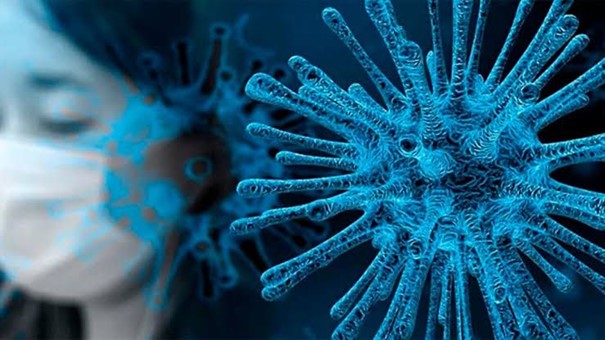Infectious Diseases
Infectious diseases are illnesses caused by pathogenic microorganisms such as bacteria, viruses, fungi, or parasites. These diseases can be spread, directly or indirectly, from one person to another, and they pose significant challenges to public health worldwide. While many infectious diseases can be mild and self-limiting, others can be severe, life-threatening, or even pandemic in nature.
One of the key factors that contribute to the spread of infectious diseases is the ability of pathogens to adapt and evolve. This can lead to the emergence of drug-resistant strains, making it more difficult to treat infections with antibiotics or antiviral medications. Additionally, factors such as globalization, urbanization, and climate change can facilitate the transmission of infectious diseases by creating conditions that allow pathogens to thrive and spread more easily.
There are many different types of infectious diseases, each with its own unique characteristics and modes of transmission. Respiratory infections, such as influenza and COVID-19, are spread through respiratory droplets when an infected person coughs or sneezes. Sexually transmitted infections, such as HIV and syphilis, are spread through sexual contact with an infected individual. Foodborne illnesses, such as salmonella and norovirus, are spread through contaminated food or water. Vector-borne diseases, such as malaria and dengue fever, are spread through the bites of infected insects or animals.
Preventing the spread of infectious diseases requires a multifaceted approach that includes vaccination, good hygiene practices, and public health interventions. Vaccines are one of the most effective tools for preventing infectious diseases, as they stimulate the immune system to produce antibodies that can fight off infection. Good hygiene practices, such as handwashing, covering coughs and sneezes, and avoiding close contact with sick individuals, can also help reduce the spread of infectious diseases. Public health interventions, such as quarantine, isolation, and contact tracing, are used to control outbreaks and prevent the spread of disease within communities.
Despite advances in medical science and public health, infectious diseases continue to be a significant cause of illness and death worldwide. Emerging infectious diseases, such as Ebola and Zika virus, pose ongoing threats to global health security, and the risk of pandemics remains a constant concern. Addressing these challenges requires continued investment in research, surveillance, and public health infrastructure to detect, prevent, and respond to infectious diseases effectively.
In conclusion, infectious diseases are a diverse group of illnesses caused by pathogenic microorganisms that can spread from person to person. They pose significant challenges to public health and require a coordinated effort to prevent and control. By investing in research, vaccination, and public health infrastructure, we can work together to reduce the burden of infectious diseases and improve the health and well-being of people around the world.
